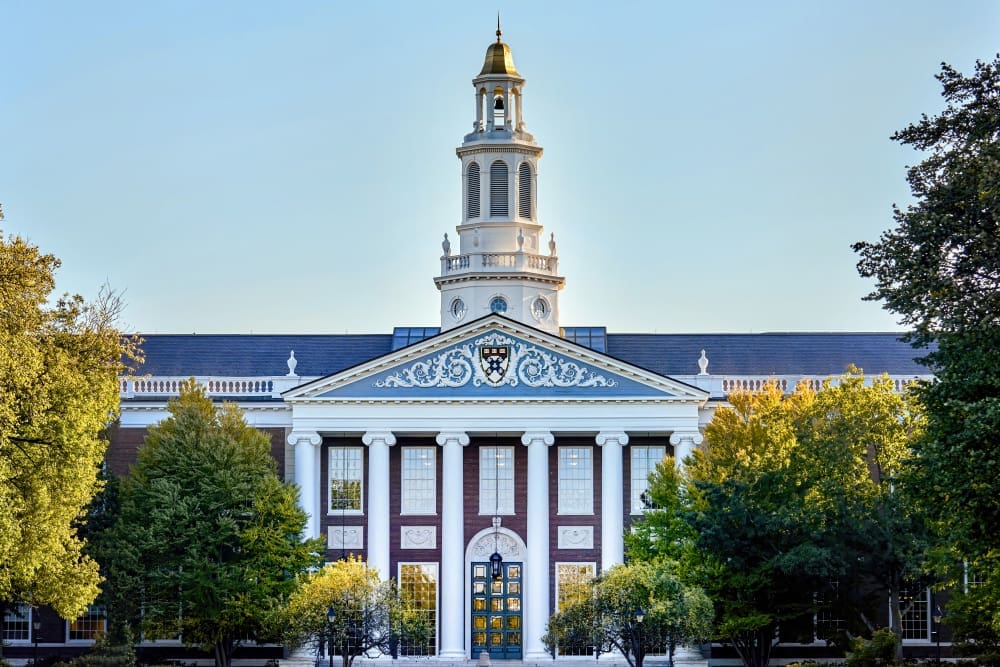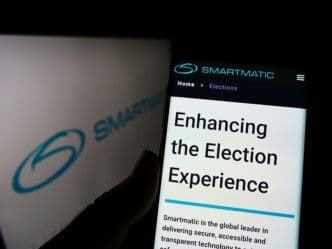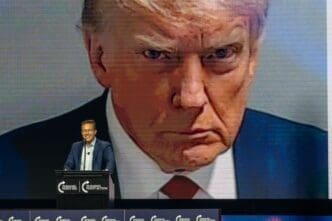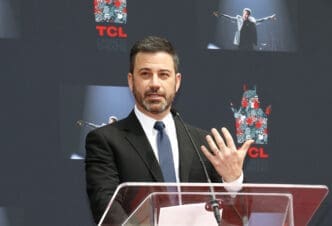On college campuses, the presence of antisemitism has led to a significant administrative dilemma. President Trump’s recently signed executive order demands that universities actively ‘monitor’ and ‘report’ these occurrences, potentially leading to drastic measures such as visa revocation for international students involved in antisemitic activities. However, there is a lack of clarity regarding the order’s legality and its implementation, leaving students, staff, and administrators in a state of uncertainty.
Lee Bollinger, Columbia University’s president emeritus, expressed a supportive stance toward addressing antisemitism but raised concerns over the government’s involvement in university affairs. Bollinger cautions that such a directive may excessively impinge on campus dynamics, both in terms of free speech and in safeguarding Jewish students against harassment and discrimination.
The backdrop of this executive order is a surge in antisemitic incidents post-October 2023, following a terrorist attack by Hamas in Israel. The ensuing Israeli counterattacks and global tensions have been mirrored within the academic sphere, culminating in numerous protests and incidents of unrest on campuses. Notably, schools such as Columbia and the University of Southern California saw significant pro-Palestinian activities that evolved into conflicts, requiring intervention and adjustments to academic events.
Support among students and faculty varies widely. Noah Rubin from the University of Pennsylvania praised the executive order for its decisive stance, pushing for accountability and the safety of Jewish students. Yet, other voices, like Sophie Levitt from Arizona State University, paint a different picture, suggesting the order jeopardizes freedom of expression. Levitt argues that the focus seems more about hindering political discourse rather than protecting students, a sentiment echoed by several student groups focused on justice and freedom of speech.
The operational challenges posed by Trump’s order are considerable. Institutions must reconcile their protocols with civil rights laws while ensuring that constitutional protections, such as the First Amendment rights, are not compromised. Legal experts warn about possible administrative overreach and the resultant chilling effect on free speech, making the execution of the order highly contentious.
Despite the potential for deportation, the order doesn’t explicitly mandate it; rather, it instructs universities to familiarize themselves with grounds for such actions. Carrie DeCell from the Knight First Amendment Institute suggests that the order effectively pressures universities into reporting student activities that could trigger federal immigration actions. Dov Waxman of UCLA criticizes the order’s ‘heavy-handed’ nature, emphasizing that while foreign students in violation of their terms are already subject to deportation, the focus should be broader, addressing antisemitism beyond campus walls.
As college campuses continue to be arenas of cultural and political discourse, the executive order adds another layer of complexity. While intended to curb antisemitism, it risks conflating security with restrictions on free speech, challenging both administrators and students in their pursuit of a balanced academic environment.








